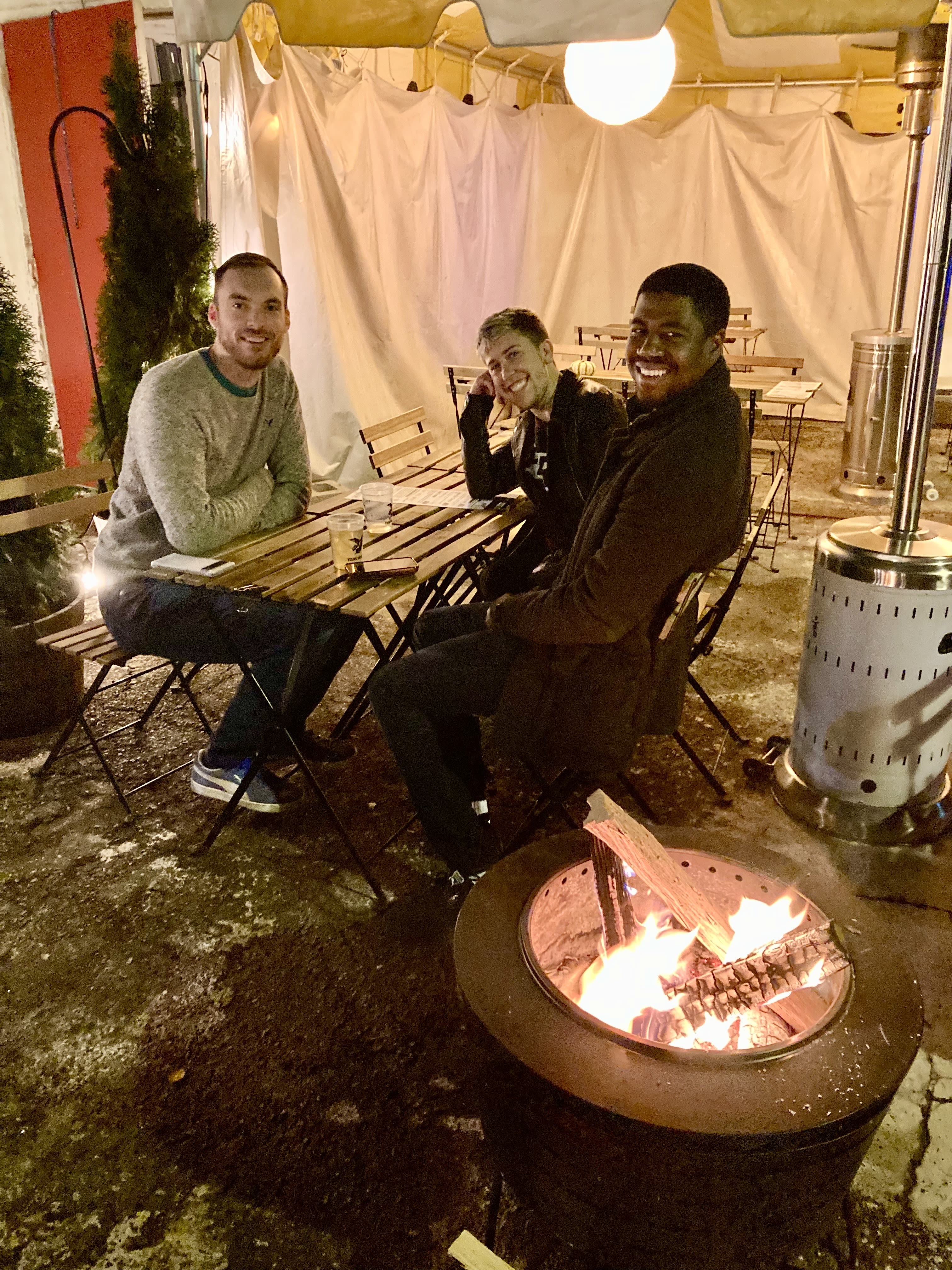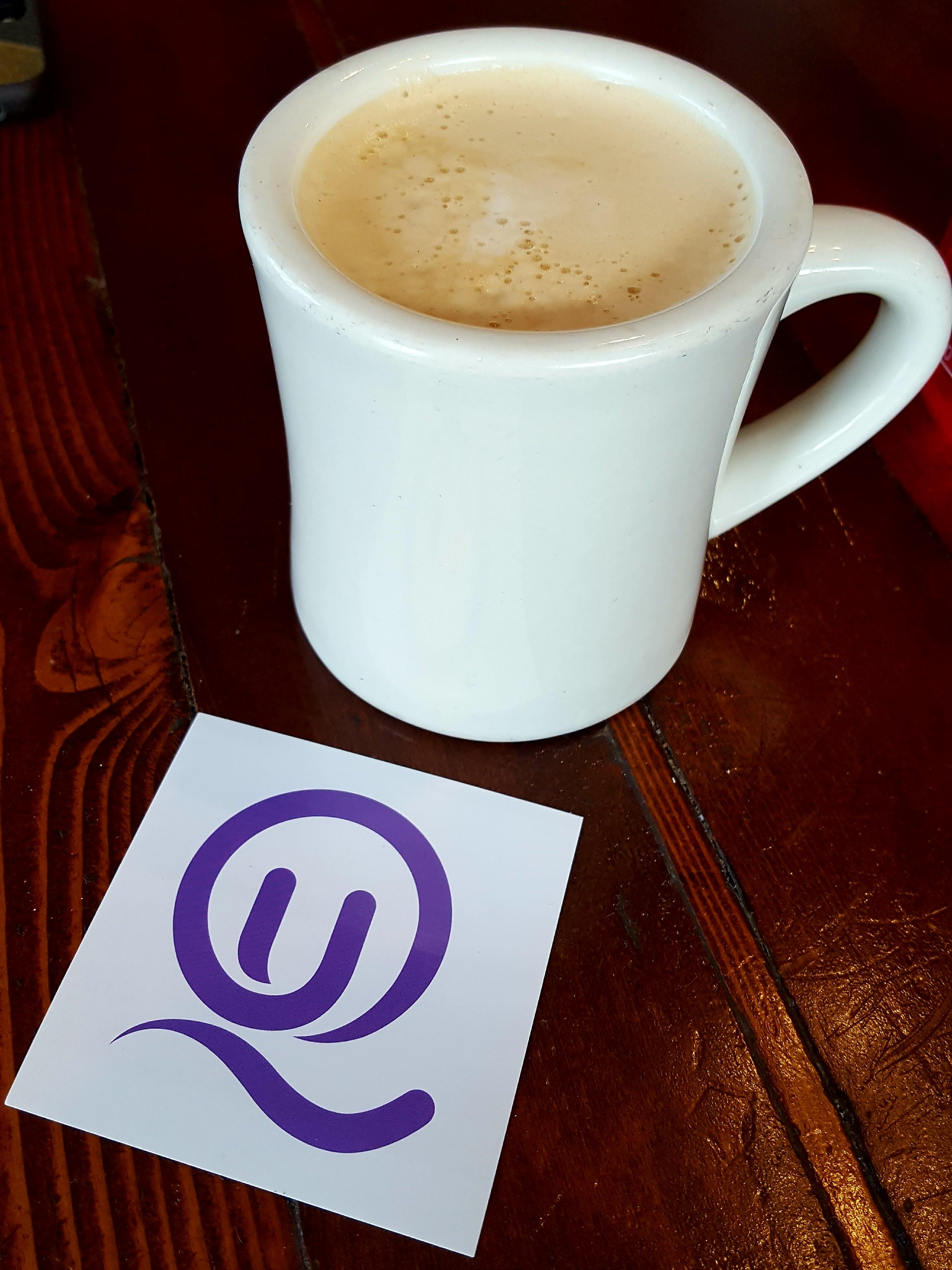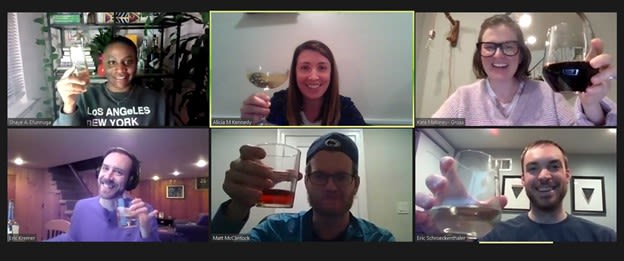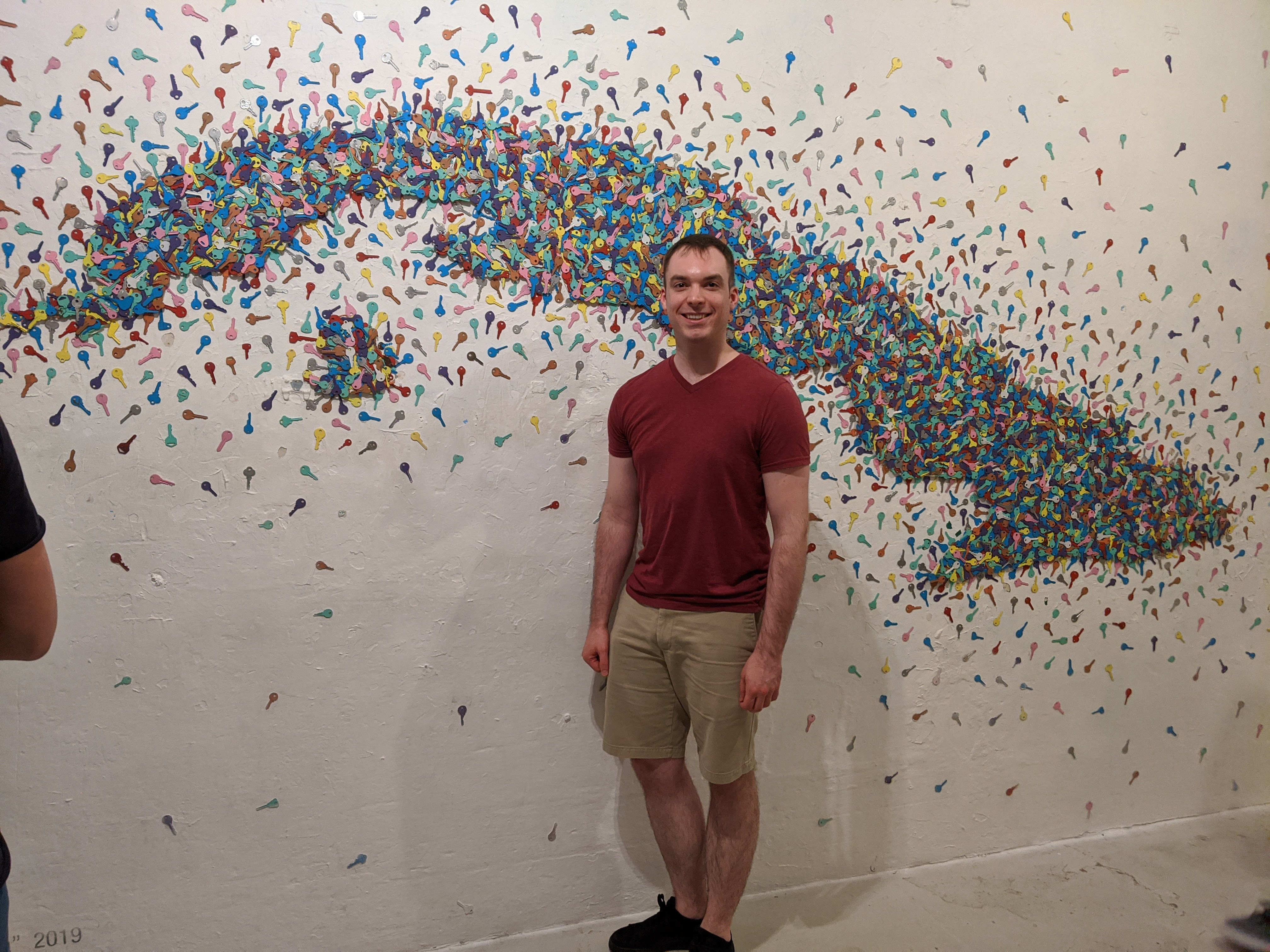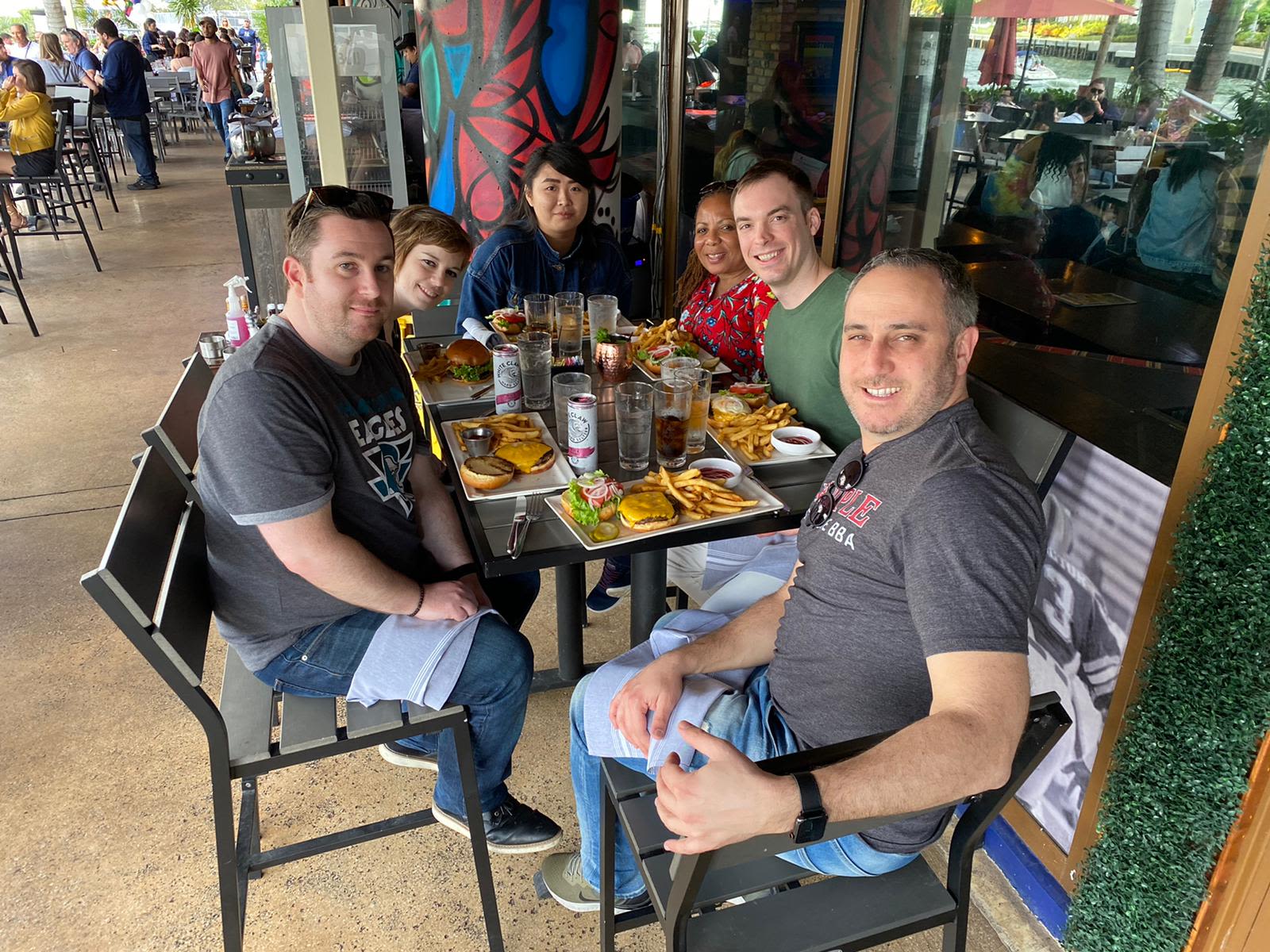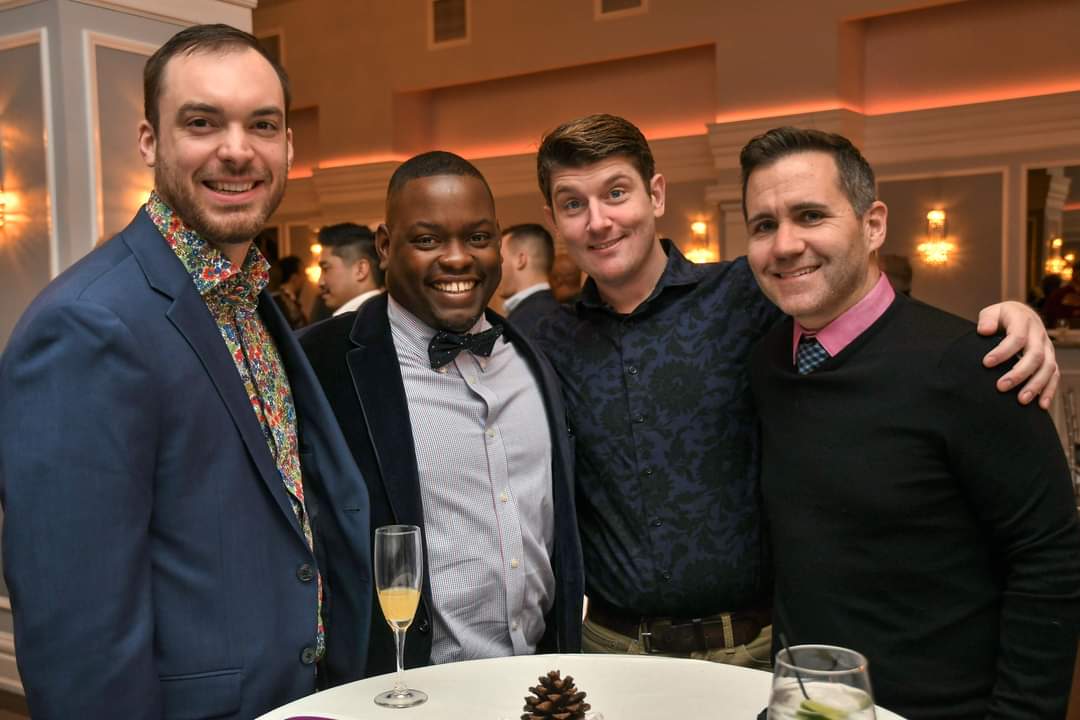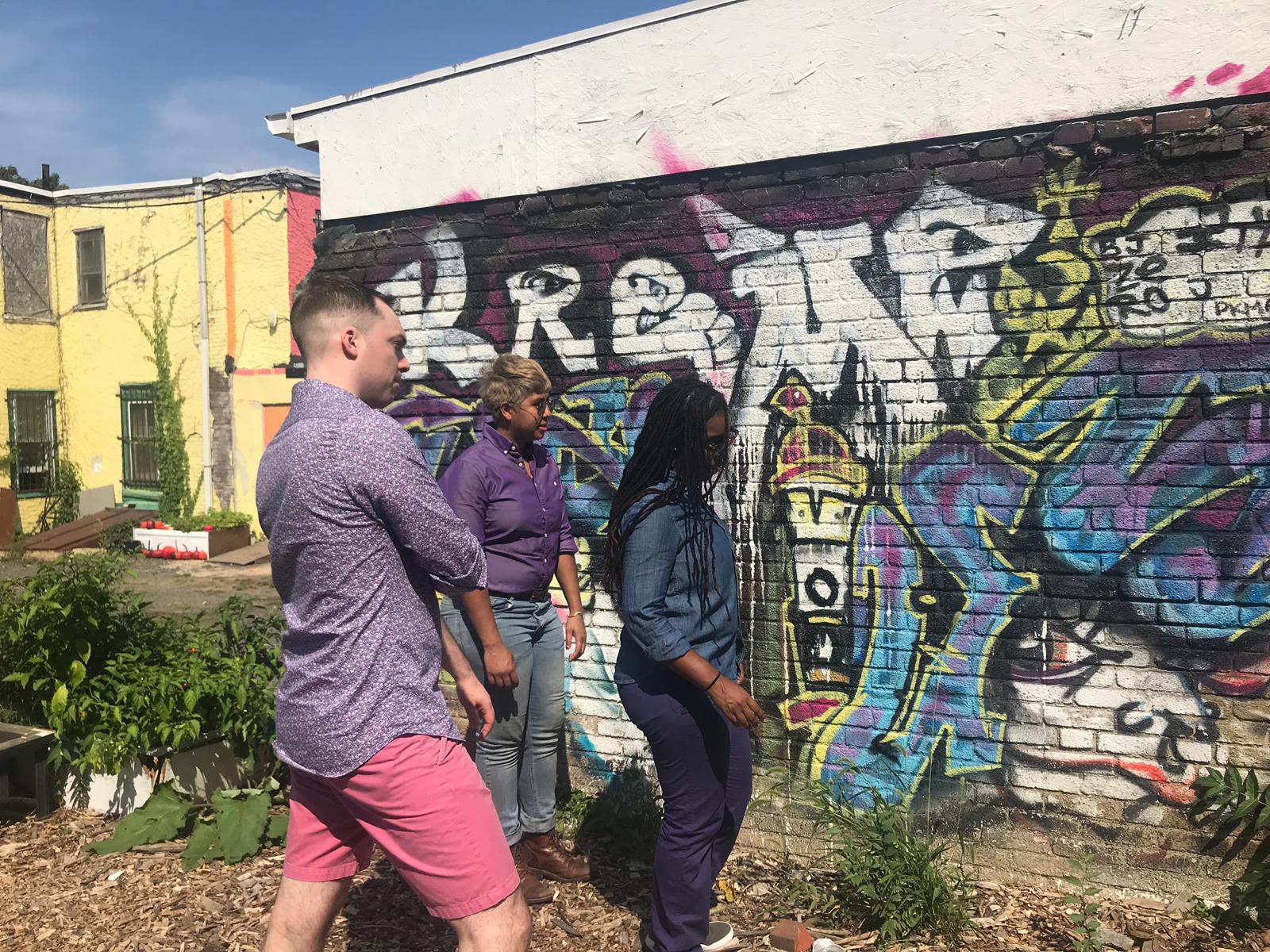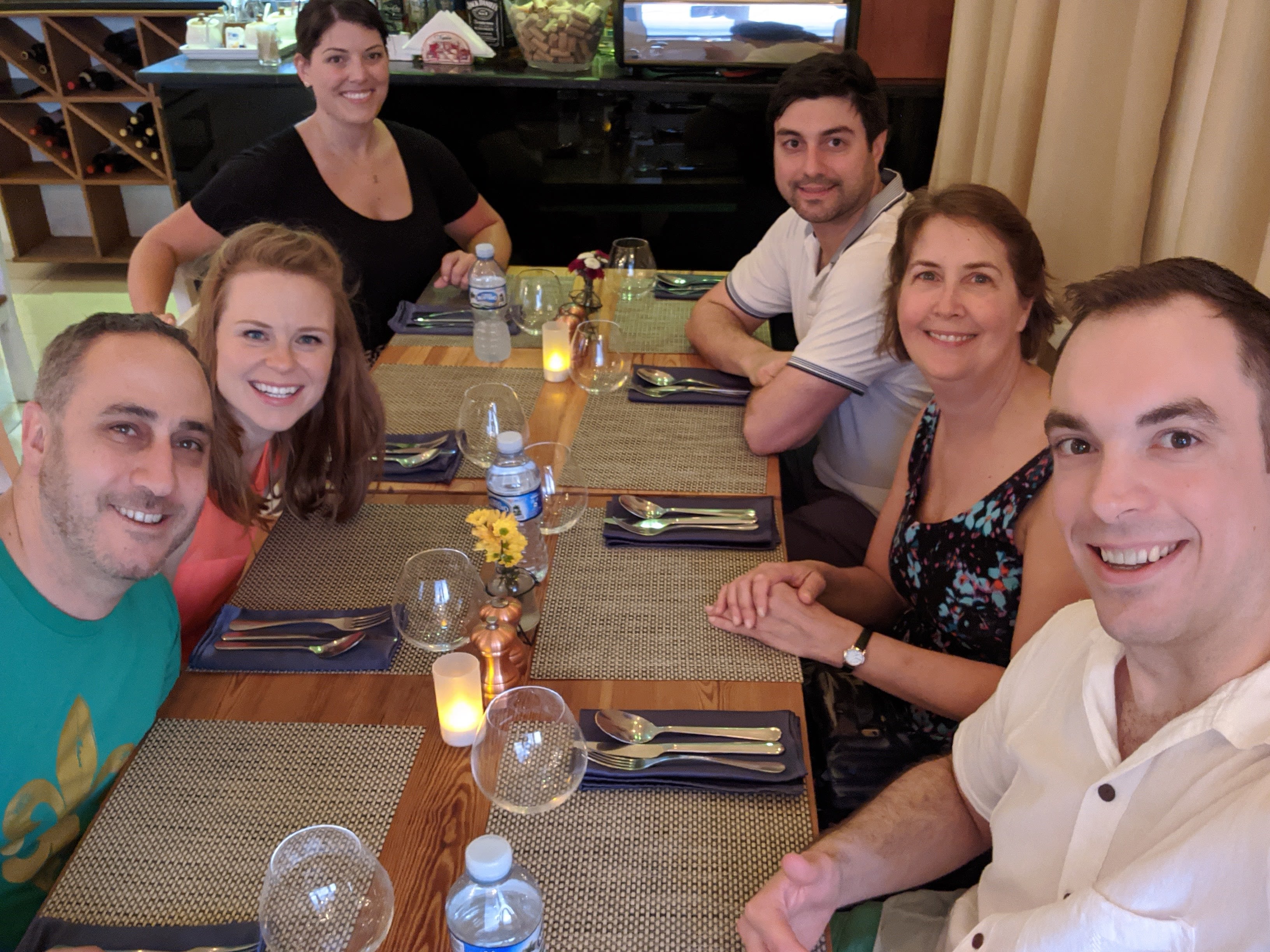Dreaming Together: Uniting Philadelphia’s LGBTQ+ Community through Qunify
Eric Schroeckenthaler, Fox ’20, the co-founder of Qunify, takes us through creating an inclusive community organization that aims to build LGBTQ+ spaces beyond just the bar scene and dream bigger together.
By Jessica Jewel Tyler
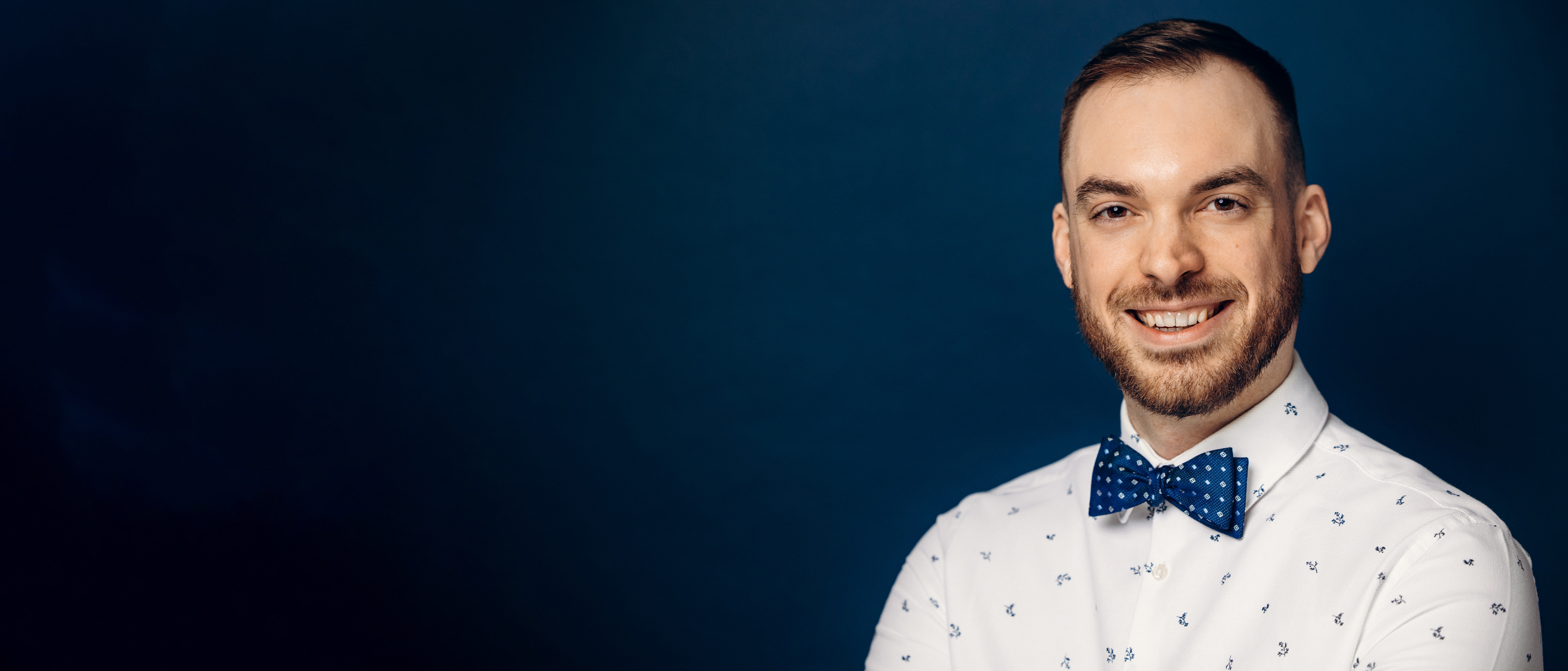
Step into the all-embracing spaces of Eric Schroeckenthaler, Fox ’20, and Qunify, where inclusivity is celebrated and intersectional LGBTQ+ communities are united to dream together. In this interview, we dive into the birth of Qunify, a groundbreaking initiative transforming Philadelphia’s LGBTQ+ community since 2017, and Eric’s journey at Temple University, where he simultaneously pursued an MBA to refine his skills.
Q&A
Answers have been condensed for clarity and conciseness.
Can you tell us a little bit about your path at Temple?
I started an MBA program at Temple in 2018 and graduated in 2020, a pretty aggressive timeline for the in-person, part-time MBA program. My concentration was strategic management, but I also focused on courses that would complement my community organizing initiatives with Qunify and my background in technology product management. I continued to work full-time at my current employer and spent nights and weekends refining my skills with coursework.
How did you get the idea for Qunify?
A group of friends and I founded Qunify in 2017. We appreciated Philadelphia’s LGBTQ+ spaces that allowed us to build communities, and we wanted to extend those spaces to offer opportunities to form friendships outside of the bar scene while tackling different community issues and topics. Qunify’s first event in 2017 was a discussion-based event focused on the experience of undocumented immigrants in the Philly LGBTQ+ community prompted by some of the first changes in immigration policy at the southern border. We wanted to give space to the community to talk about the impacts and challenges facing folks at the intersection of sexuality and documentation status. It has always been important to us to tackle community issues head-on as a part of our programming, focusing on things like mental wellness for people of color, fashion and gender expression for trans folks and consent culture. In our discussion events, we find featured voices to kick-start the conversation about how things exist today, and then we always intentionally pivot into “what we wish” and what we want to achieve as a community going forward. The work of Qunify has always been focused on giving space for the community to dream about a better future and what type of community we can build together.
Tell us about the process of creating Qunify.
When we started talking about hosting our events and forming an organization, we spent almost a year talking about our mission and vision statement to make sure that we were capturing what was going to make Qunify different from other Philadelphia organizations and to make sure we were all on the same page about what we wanted to accomplish. We operated and hosted some of these small events for the first stage of Qunify. But then we eventually became a fiscally sponsored project with 501(c)(3) status through CultureTrust Greater Philadelphia. This allowed us to engage in grant writing and different types of funding streams in order to reinvest in larger events to have a greater community impact.
What was the biggest obstacle Qunify faced?
Qunify has always been a small leadership team trying to host events that the organizers wanted to see in the community, the types of things that we wanted to attend, but we’ve grown and progressed over the years as we’ve faced different challenges. One of the biggest challenges that we faced was during the pandemic. Like many other nonprofits and community organizations, we struggled to navigate what that meant for our programming and sustaining our community while being unable to host in-person events. As a leadership team, we made some very clear choices to focus on community joy and trying to provide joyful spaces. We hosted virtual cooking shows where folks shared recipes, cooking instructions and food traditions, which we found important as many LGBTQ+ folks are more likely to have strained family relationships and often don’t have the same familial opportunity to pass down recipes. We also did virtual burlesque shows and other events that allowed people to enjoy themselves in the community.
What has been the most rewarding part of creating Qunify?
One of my favorite compliments we’ve ever received is when the intentionality behind everything we do is recognized. Additionally, we hosted a “come as you wish you could be” dance party called “Bend.” It was a gender-fluid space to experiment with clothing regardless of how one felt they needed to look daily. Several people said this was the first space they felt safe wearing gender-affirming clothing. Knowing that we had the opportunity to create spaces where people know that they are surrounded by intention, love and care and that they’re safe to explore and express themselves really sustains me.
What goes into curating events that are truly welcoming for everyone?
We think about accessibility in an expansive way. It’s not just about physical accessibility, which is important. But while we are considering folks with limited mobility, we’re also considering financial and cultural accessibility and many other questions.
Most of our events are free except the dance parties, but we have a “no one turned away for lack of funds policy” with a suggested $5–$15 sliding scale ticket rate to remove the financial barrier. We prioritize Black, Brown and LGBT-owned venues that are known to be safe for the community out of a context of cultural accessibility.
And we ask questions like, “Will people feel safe in the venue or surrounding neighborhood?” and “Is there access by transit?” We specifically host events in different neighborhoods to access different parts of the community across Philly. We host different types of events, including happy hours, but we also host coffee shop meetups, so folks who are sober also feel safe attending.
Being intentional about designing an event happens before booking the venue, and then during the event, we’re also intentional about introducing ourselves, welcoming people to this space and laying down ground rules.
We try to have our spaces be Black, Brown, Queer and Trans centered, so the folks most often excluded from spaces are specifically, explicitly welcomed. If we can make a space safe and comfortable for the most often marginalized, we have created a space welcoming to the full breadth of the LGBTQ + community.
How has Qunify evolved over the years, and what growth do you hope to see in the future?
Every time we welcome new folks onto the team, it changes the types of conversations, events and ways we engage the community, which is exciting. We had nine folks show up to our first event in 2017, and our last event at the Divine Lorraine had somewhere between 450 and 500 attendees, so our reach and the type of work we can do has expanded.
One thing that we did last year for the first time was a Mental Wellness Summit, which was an all-day event at the Asian Arts initiative with food and different workshops on traditional mental health resources and also things like self-expression, journaling, meditation and yoga. We felt it was important to provide a breadth of resources to our community that often has negative experiences interacting with traditional healthcare. This was a moment of growth toward engagement in the community on a larger scale, so we dream about making it an annual event and providing more dedicated time, support and wider resources.
How did what you learned in your MBA program help you grow your business?
There’s certainly a lot of overlap between nonprofit and for-profit when it comes to managing funds and resources. But from a nonprofit standpoint, learning different strategies for measuring impact has been most beneficial. The coursework and case studies in impact analysis have directly influenced how I think about the value we provide to the community and how we explain that to funders and grant makers.
What advice would you give those wanting to join your mission?
Community doesn’t happen on its own, and the most beautiful community spaces, in my experience, are spaces where attendees show up not just to receive something but to take part in cocreating that space. We should all think about how we can contribute to the world around us and not just exist in spaces but participate.
We all have a role to play in community creation, and some of the most rewarding work we can do is serving others. You don’t have to be in a formal leadership role to do that, but you can help create beautiful community spaces by volunteering or simply staying engaged. Stepping into a community organizer or entrepreneur role can be scary, but you don’t have to move fast. Find the like-minded community that wants to support you, and you will find success if you remember to remain grounded in that community.
For more information about Qunify, visit qunify.org.
Interested in having your business listed in the Temple University Alumni Business Directory? Learn more.

